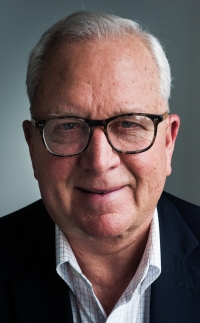The only strength of communism is that it can hold on to power.

Download image
Otto Juan Reich was born in October 1945 in Havana. His father came from a Jewish family living in Austria, but he left the country after it was occupied by Nazi Germany. He gradually passed through several European states and eventually settled in Havana, where he met the mother of Otto Juan Reich. During the 1950s, he engaged in trade, and later, together with other immigrants, they founded a furniture factory. After Fidel Castro and the other revolutionaries triumphantly entered the capital, Otto’s father soon realized how politics on the island would likely develop. For this reason, he did not hesitate and began preparing to move the whole family to the United States. Otto Juan Reich left Cuba with his family on a steamboat that sailed in July 1960. The family first settled in New York. However, they soon moved to North Carolina, where Otto’s father got a job. Otto Reich then studied Latin American Studies at a local university. In the 1960s, when the United States was at war with Vietnam, Otto decided he would like to join the military to repay somehow what he owed to the country that gave him a home. He eventually ended up in a unit that operated in Central American Panama. After returning to the United States, he studied again, this time at Georgetown University. He participated in Ronald Reagan’s presidential campaign and later held important positions in his administration. In 2001, when President George W. Bush took office, Otto Juan Reich was appointed Deputy Secretary of State for Western World Affairs. Until 2004, he worked for the US National Security Council. Since then, he has been working as a consultant for foreign trade in the private sector.
